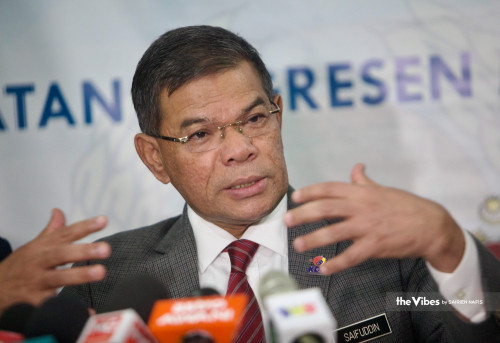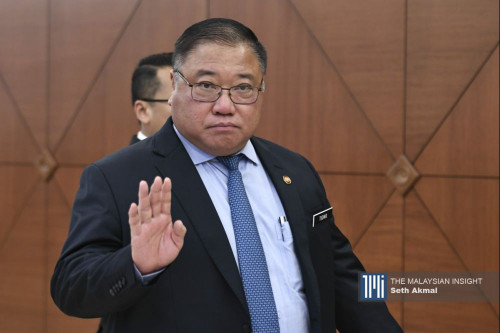THE HUMAN Resources Ministry is alarmed with the high rate of diabetes among the country’s working class with a rise of 10% between 2013 and last year based on a decade-long survey by the Social Security Organisation (Sosco).
This has forced the ministry to join forces with the Health Ministry to launch a strategic campaign to fight the lifestyle-related disease.
A no-sugar nationwide campaign was launched at the Jabil Circuit Sdn Bhd plant in the Bayan Lepas Free Industrial Zone in Penang today.
Human Resources Minister Steven Sim Chee Keong said that he is convinced that the ministry must help the public health authorities to fight the disease and praised Sosco chief executive officer Datuk Seri Dr Mohammed Azman Aziz Mohammed’s relentless pursuit of the matter.
“This is no laughing matter. We are in a serious situation with diabetes, and we must launch fresh strategies to fight it,” Sim said.
Earlier, Sosco board chairman Datuk Seri Subahan Kamal said that he wants to lead by example and so declared openly that he will only consume sugarless black tea, no milk and most importantly no sugar at all from today.
“Enough of the ‘kurang manis’ or ‘kurang kurang manis’ (less sugar) notion. It is best to just reject sugar outright, the main driver of diabetes,” he said.
Sim later revealed staggering data from Sosco. A health screening exercise on 175,526 workers aged 40 and above from last year until February 29 this year revealed that 59.59% have high cholesterol, 23.52% are obese, 20.45% suffer from hypertension and 19.91% now have diabetes.
“An unhealthy lifestyle and excess sugar intake as well as stress are among the main drivers of lifestyle-related diseases,” he said.
RM300 million to treat diabetes
Sim said that Malaysia cannot afford to have an ailing workforce, as it would affect productivity and make the nation less attractive for investments.
Therefore, the ministry is launching a campaign to ban sugar altogether in workplaces and it wants all employers to be part of the healthy campaign.
It was reported that Malaysia has one of the highest rates of diabetes in the world and the highest in Southeast Asia.
According to a 2019 survey, about 3.9 million have diabetes, which is one in five adults. This is a 68.3% increase from 2011.
Sim said the country stands to lose up to RM300.6 million per year in treating diabetes. He also directed Sosco to have one dialysis treatment facility in each state to complement the current four (two each) in Selangor and Johor.
Besides that, Sosco will screen up to 100,000 workers this year free of charge in collaboration with various non-governmental organisations, including the National Cancer Society of Malaysia (NCSM).
Also, about 10,000 first aiders will be available to help workers cope with mental health issues at workplaces.
NCSM managing director Dr Murallitharan Munisamy said that the society will also collaborate with Sosco to conduct early screening for cancer among workers.
He pledged an all-out effort to fight cancer, similar to the attention given to diabetes. What is needed is for Malaysians to drop their fear factor and opt for cancer screening initiatives which NCSM is developing with local employers, he stressed.
“We must be brave in handling diseases. Shying away from it, will not make it disappear.
“Just like how we confronted infectious viruses like Covid-19, we should fight non-communicable diseases in the best way possible. Prevention is better than cure.”
The NCSM is also working to expand its outreach at the rural localities in the northern region. – The Vibes, March 11, 2024



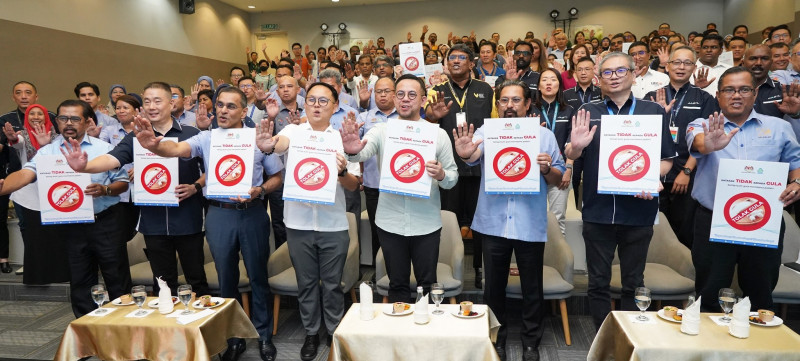
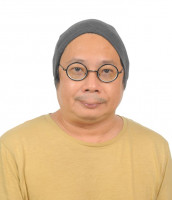
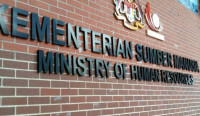

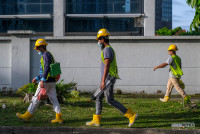
._Credits_-_Unsplash_licence_via_360info.org.png)

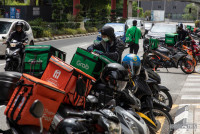
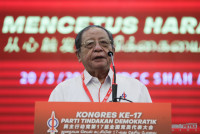







.jpg)



